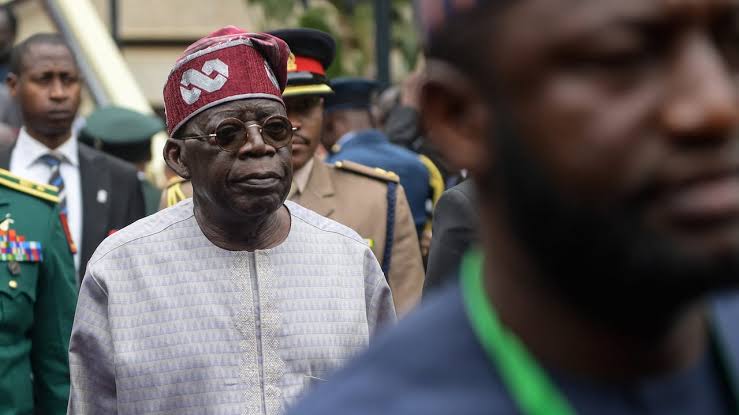
The International Monetary Fund (IMF) has raised concerns about the effectiveness of Nigeria’s ongoing economic reforms under President Bola Tinubu.
In its latest report on the economic outlook for sub-Saharan Africa, the IMF revealed that Nigeria is struggling to achieve significant progress 18 months after implementing key reforms.
Nigeria is grappling with its worst economic crisis in nearly 30 years. In May last year, the president announced the abrupt removal of fuel subsidy. Subsequently, he unified the exchange rates among other economic policies implementation.
The recent report by IMF, presented on Friday at the Lagos Business School by Catherine Patillo, IMF Deputy Director, highlighted successes in countries such as Côte d’Ivoire, Ghana, and Zambia. Unfortunately, Nigeria was notably absent from the list of nations demonstrating positive outcomes from reform efforts.
The report projected an average economic growth rate of 3.6% for sub-Saharan Africa in 2024. However, Nigeria’s growth rate is expected to lag at 3.19%, placing the country below the regional average. The IMF noted that while many African nations are reducing macroeconomic imbalances, Nigeria remains an outlier in its struggle to stabilize its economy.
Inflation remains a pressing issue in Nigeria. Although there was a brief slowdown in July and August, inflation resumed its climb in September and October, reaching 33.8%. This figure is far above the 21% target set for 2024, and analysts expect further increases before the year ends.
The IMF also pointed out Nigeria’s exchange rate instability as a significant challenge. Unlike other nations in the region that have reduced foreign exchange pressures.
Another major issue highlighted in the report is Nigeria’s heavy debt servicing burden. The IMF revealed that Nigeria, alongside Angola, Ghana, and Zambia, spends an alarming 15% of total revenue on interest payments. This high level of debt servicing limits the country’s ability to invest in critical areas such as infrastructure and social programs.
The IMF has advised Nigeria to rethink its approach to reforms. Recommendations include improving communication, offering compensatory measures to ease the impact of reforms, and designing policies that address public concerns.
“This will require greater attention to communication and engagement strategies, reform design, compensatory measures, and rebuilding trust in public institutions,” the report advised.
